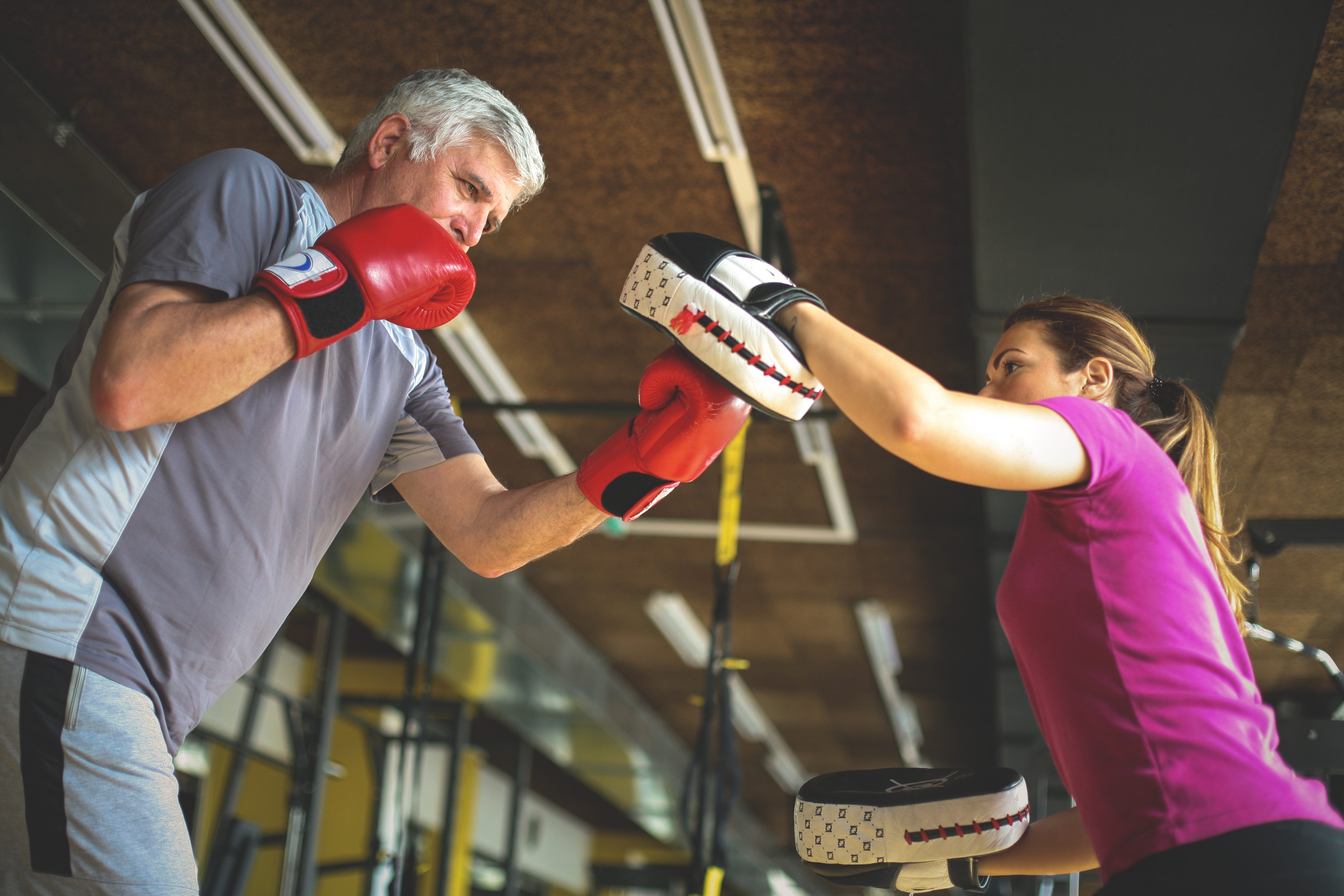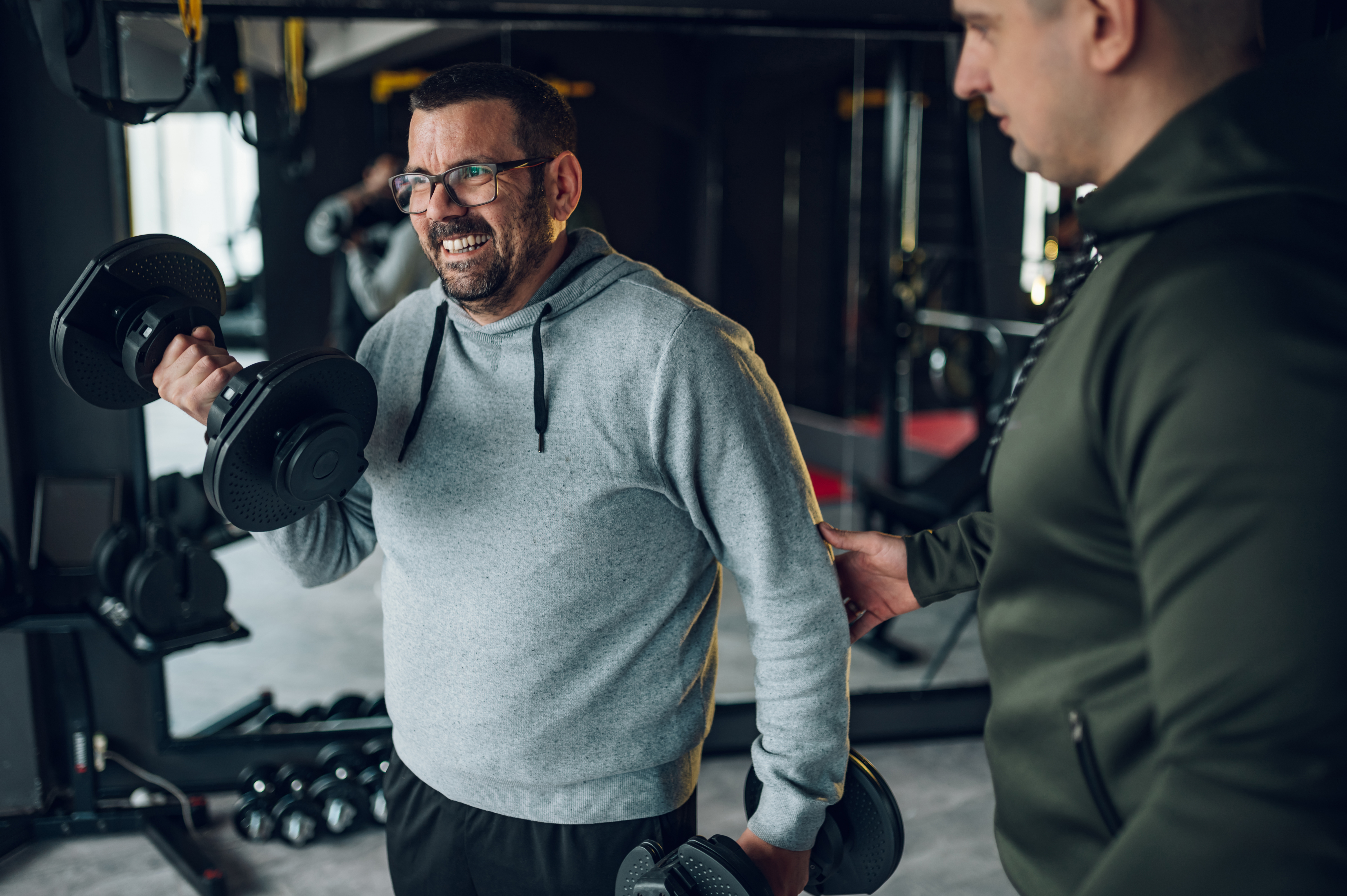
Masters athletes, typically aged 35 and above (although different sports have different entry ages into masters sport), often surpass the peak performance years of their sport. Despite this, Masters athletes participate in rule-governed, organized sport activities that require formal registration and vary in intensity and competitiveness.
Interestingly, while many adults hesitate to label themselves as an ‘athlete’ and or describe their routines as ‘training’, they do acknowledge the necessity to ‘prepare in order to participate’. This preparation often leads to regular physical activity, exceeding the Canadian 24-hour movement guidelines for adults and older adults (see CSPE Guidelines). Based on the frequencies, durations, and intensity of sport involvement, researchers now view Masters sports as a significant avenue for promoting community health to an ever-increasing segment of our population. These health outcomes result in benefits like enhanced physical and physiological health, reduced chronic disease, and enhanced well-being.
In a previous SIRCuit article (Callary & Young, 2023), we highlighted how sport systems can support lifelong sport participation by increasing the focus on training great coaches to work with Masters groups. Unfortunately, there is very little professional development for coaches that specifically target how to coach adult and older adult populations. We urged sport systems (clubs, leagues, organizations) to focus on training great coaches in Masters sport because it is a winning formula. Providing coaches with tools to increase their effectiveness translates to satisfied adult athletes, greater retention, better abilities to recruit, and increases overall sport participation that continues well into older adulthood.
We also outlined 5 adult-oriented approaches that are built from psychological, social, and andragogical (the science and art of teaching adults) strategies that could be applied across any sport and are specific to adults’ needs and motives.
This article is a follow-up to the work we have done and how we have addressed this gap by creating and delivering Masters sport coach development workshops through National and Provincial sport and multi-sport organizations.
The journey to coaching Masters athletes
With over a decade of experience in researching and coaching Masters athletes, I bring a multifaceted perspective. I am a Masters alpine ski coach. I run a Masters swim club and hire coaches in my leadership role. I am a member of the Masters running group. I compete in Masters triathlon races, running races, and Masters alpine ski races. As you can probably tell, this is a passion of mine, but it’s also a deeply interesting topic from the perspectives of learning and development as well as equitable and inclusive sport, and healthy active aging. As a Canada Research Chair in Sport Coaching and Adult Learning, Professor at Cape Breton University in Nova Scotia, and coach developer trained by the International Council for Coaching Excellence’s Coach Developer Academy and the Coaching Association of Canada, in my lab, I have led the development of a series of workshops grounded in international research and substantial federal funding.
The workshops cover research findings from Masters athletes and coaches and engage the coaches in discussions about how they coach.
Workshop highlights
Workshop 1: Coaching Masters sport
- What coaches know and how they perceive their role
- What Masters athletes want from coaches
- Adult learning principles and andragogy in sport
- How coaches can support a Quality Masters Sport Experience
Research has shown that Masters sport groups attract athletes with various motives for being there. However, 8 hallmarks consistently contribute to a quality Masters sport experience (Young et al., 2021). This workshop helps coaches reflect on their influence and impact on each of these components, which is an important part of the puzzle.

Workshop 2: Adult-oriented sport coaching approaches
- Introduction to the Adult Oriented Sport Coaching Survey (AOSCS)
- Reflection of coaches’ orientations and how they address the motivations of adult athletes
- Discussions on 5 approaches to explore what the coaches do often and what they may not do much
The AOSCS is a valid and reliable tool that has been both psychometrically evaluated (see Rathwell et al., 2020) and practically appraised with coaches, athletes, and directors of sport organizations (for example, Callary, Belalcazar, et al., 2023; Callary, Eagles, et al. 2024). When coaches use the 5 approaches outlined in the AOSCS, these have also been associated with several athlete outcomes like closeness and commitment to the coach and harmonizing behaviours, as well as liking going to practice and wanting to invest more in sport (Motz et al., 2023).
Workshop 3: Applying adult-oriented approaches
- Review responses to the AOSCS and how the approaches can be put into practice
- Discuss athletes’ preferences for adult-oriented approaches
- Explore adult-oriented coaching profiles
Research has shown that coaches can engage with different adult-oriented approaches across the season and with different athletes (Belalcazar et al., 2024). Further, Masters athletes have indicated that while all the practices (items) in the AOSCS are pertinent and liked, some are needed less often and some are wanted more often, and this can vary across the season (Motz et al., under review).
Workshop participants examine a guide for athletes’ preferences and cross-reference this to their own contexts. They are then directed to a profile that matches their most used approach, which outlines how their actions impact their Masters athletes. They also explore other profiles that signpost strategies of how to become more like a desired profile.
Practical applications and feedback
As outlined on the website: “In summary, these workshops unlock the secrets of how coaches can help their adult athletes – and themselves – to love their sport, their group, and their time together.”
These workshops were recently conducted with cross-country ski coaches from Nordiq Canada. The 20 participants came from all across Canada, and ranged in experience from new coaches who were just starting up Masters programs, to experienced coaches who had worked at various levels in cross-country skiing as coaches and athletes, to long-standing Masters coaches.
While the workshops provided short ‘lectures’ on content, we spent a great deal of time talking through identified questions that allowed the coaches to learn from one another, specifically thinking through how practices from the AOSCS might be used effectively in their sport, and how others have done so before. Other times, the coaches would describe activities and drills that they did with their athletes that they found were effective, creative, or novel, and we could link those experiences to AOSCS practices to provide context to the items and help coaches better understand exactly what they could do. Importantly, the coaches understood that they did not need to do all the practices all the time, but rather that they could add to their arsenal of ideas in coaching by listening to what coaches were doing and thinking through how they could use the practices.
Benefits of the workshops
In an evaluation of the workshops, the respondents felt that they were likely to be more effective as a coach as a result of completing the training and would refer back to the training materials. They felt engaged, interested and motivated by the training and found the content applicable and the duration appropriate. The ability for the coaches to share sport-specific ways in which they could use the practices were important. However, in previous workshops with multi-sport coaches, the coaches also benefitted from learning new ideas from coaches in other sports. This suggests there are advantages to taking the workshop with coaches from the same sport, and with coaches from different sports.

The workshops are a unique professional development opportunity because the content is specific to how coaches can meet the motivations of adult and older adult sport participants. It appears that this content is appreciated and wanted by many coaches who work with Masters athletes.
The growing need for qualified coaches
The exact number of coaches in Masters sport in Canada is hard to gage, but when we turn to the World Masters Games, an international participatory multi-sport event put on quadrennially, we see that the numbers of Masters athletes have risen from 8,305 in Toronto, Canada in 1985 to 24,905 in Auckland, New Zealand in 2017 (the 2021 Games in Kansai Japan were postponed due to COVID) (IMGA, 2024).
In a recent article (Callary, Disipio et al., 2023), we suggested that to get the most out of the competitive for life context in the Long-Term Development Model, Masters sport programs can:
- “Promote leadership and quality programming regardless of participants’ competitive orientation.
- Involve adult participants in the process of planning and organizing training by creating mutual respect in open bi-directional communication.
- Mitigate participant turnover by creating enticing training schedules and times for adult participants.
- Support social interactions between athletes and leaders (coaches) to be able to consider individual needs and interests.
- Set goals with participants and find out about obligations and priorities outside of sport that have an impact on their sport goals and commitment.
- Encourage leaders to share relevant details of their athletic and coaching experiences to connect with, show empathy, and make links to participants’ own training.
- Read about age-related decline and its effects on adult athletes and support referrals to proper professionals (for example, doctors) when needed.
- Provide a development pathway for leaders in this stage, including coach education and feedback on adult-oriented psychosocial practices.
- Collaborate and network with other leaders, with the intention of promoting retention in lifelong sport participation.” (Callary, Disipio et al., 2023, p. 14).
Masters sport is on the rise, and so is the need for qualified coaches in this context. As this segment grows, so does the demand for skilled coaches who can cater to the unique needs of adult athletes. Implementing our recommendations, such as promoting well organized programming, scheduling, and pathways for coaching development for this age group can significantly enhance the Masters sport experience and keep adults physically active and involved in participating in sport throughout their lifetime.